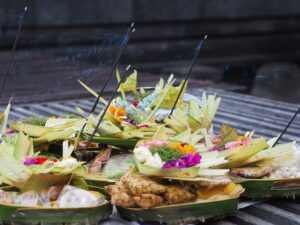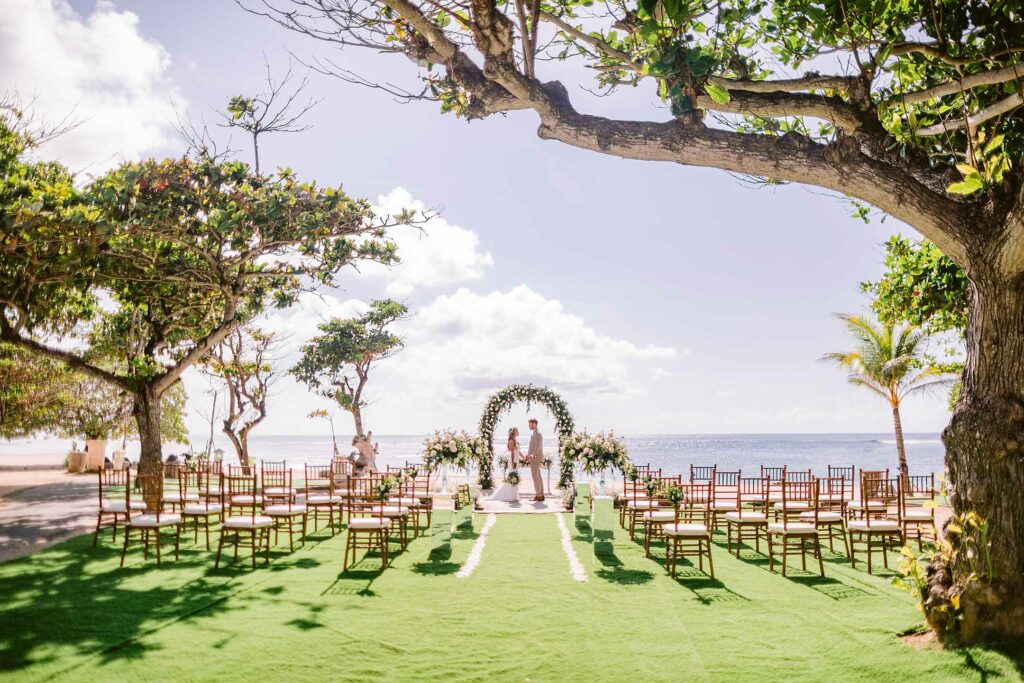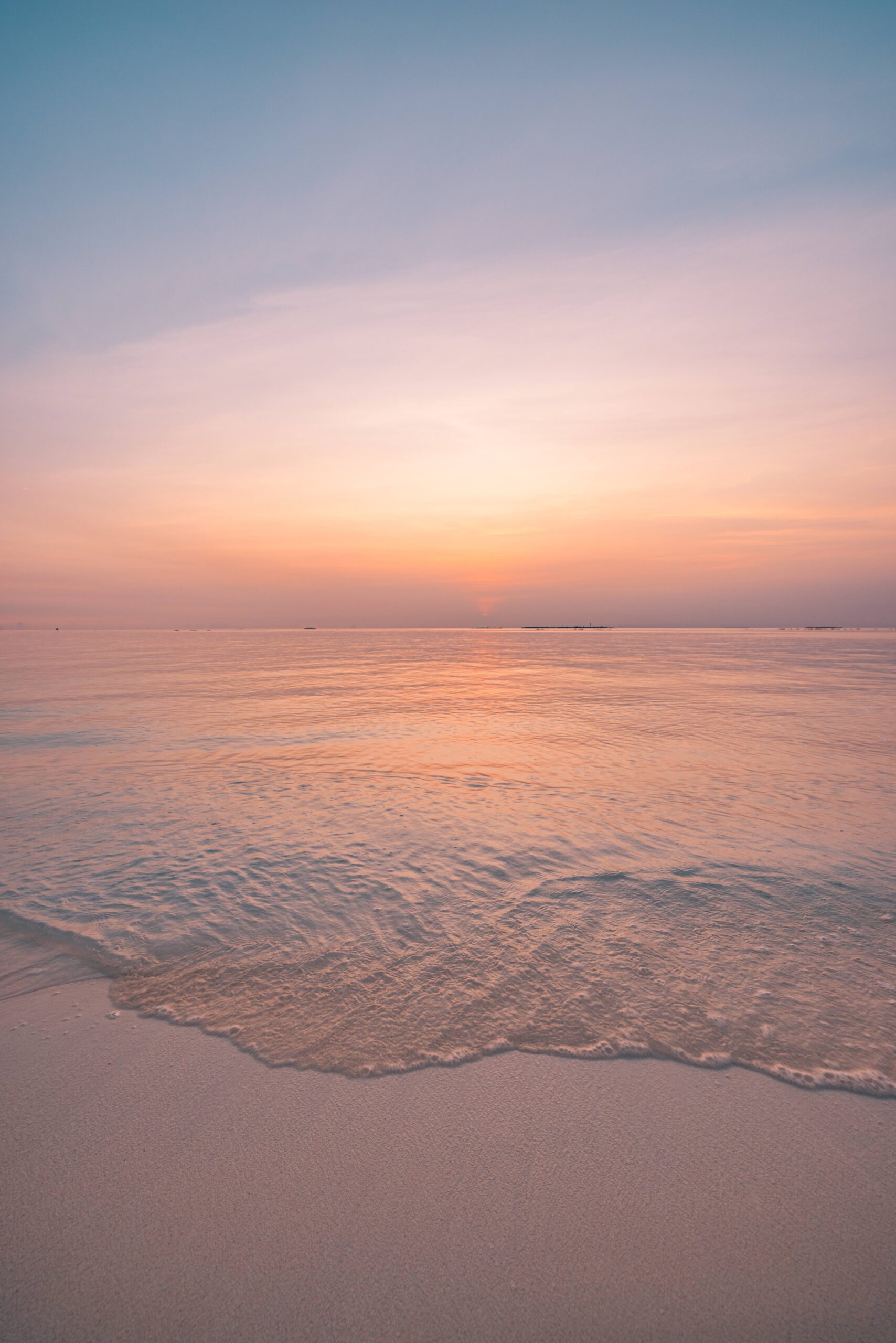For years, travelers have debated the best time to visit Bali, with many pointing to the peak dry season of July and August. But a new trend is emerging among savvy visitors who have discovered the island’s true “golden season”: the beautiful shoulder season that stretches from September to November.
This period is a magical sweet spot, offering a perfect trifecta of incredible benefits that many now consider the ideal Bali experience. It’s a shift away from the chaotic peak season, rewarding those in the know with a more relaxed, authentic, and valuable holiday. As your friendly hosts at Merusaka Nusa Dua, let us give you the insider’s guide to why the shoulder season is the new best time to be in Bali.
The Shoulder Season Advantage: The Perfect Trifecta
So what makes this period so special? It’s a perfect combination of three key elements that create an ideal holiday.
- Fewer Crowds: As the peak holiday rushes of summer end, a calmer, more relaxed energy settles over the island. This means more space on the beaches, easier reservations at famous restaurants, and a more peaceful and personal-feeling experience at temples and attractions.
- Excellent Value: With lower demand than the peak season, the shoulder months are the best time to find exceptional deals on flights and accommodation. It’s when you’ll find the most attractive bali hotel specials deals and value-packed packages.
- Wonderful Weather: You get the best of both worlds. The season starts with the beautiful, sunny tail end of the dry season and gently transitions into the lush, green beginnings of the wet season, with still plenty of sunshine to enjoy.
A Month-by-Month Guide to the Golden Season
Each month during the shoulder season has its own unique charm and special events.
September: The Golden Month
- The Vibe: This is the perfect blend. You get the glorious, sun-drenched weather of the peak season but with a fraction of the crowds. The seas are often calm, the skies are blue, and the atmosphere is wonderfully serene.
October: The Cultural Month
- The Vibe: The island is vibrant, green, and culturally buzzing. While you might get a brief, refreshing afternoon shower, the days are still predominantly sunny and beautiful.
- Major Events: October is packed with world-class events, including:
-
- Ubud Writers & Readers Festival (Oct 2-6): Southeast Asia’s premier literary festival transforms Ubud into a global hub for ideas and culture.
- Bali Nusa Dua Festival (Oct 25-26): Our very own neighborhood comes alive with a spectacular celebration of music, food, and art right on Peninsula Island.
November: The Lush & Local Month
- The Vibe: This is the beginning of the “green season,” when the landscapes become incredibly lush and vibrant. It’s a beautiful, quiet month perfect for exploring Bali’s authentic culture.
- Major Events: Witness a truly unique Balinese tradition:
- Makepung Buffalo Races Final (Nov 9): Head to West Bali for the thrilling grand final of the traditional buffalo races, a spectacular and authentic cultural experience.
Your Perfect Shoulder Season Base
The best way to enjoy the shoulder season is from a comfortable and convenient base that allows you to both relax and explore. Staying at Merusaka in Nusa Dua places you on a serene beachfront, perfect for enjoying the beautiful weather, while also being an easy starting point for day trips to the cultural events in Ubud or beyond.
This is also the best time to find incredible value. We invite you to explore our official offers page, where you’ll find packages designed to make your shoulder season escape even more rewarding.



 The Merusaka Advantage:
The Merusaka Advantage: For the curious traveler, a trip to the highlands during this time is a wonderful sensory experience. As your friendly hosts at Merusaka, we invite you to journey with us beyond the coast. Let’s discover the bountiful heart of Bali.
For the curious traveler, a trip to the highlands during this time is a wonderful sensory experience. As your friendly hosts at Merusaka, we invite you to journey with us beyond the coast. Let’s discover the bountiful heart of Bali. Bali’s coffee is famous around the world. We are talking about the Arabica from the Kintamani region. People know it for its smooth, rich flavor and low acidity. The harvest season is the perfect time to discover its fascinating journey. You can see how this beloved bean goes from a cherry to a cup.
Bali’s coffee is famous around the world. We are talking about the Arabica from the Kintamani region. People know it for its smooth, rich flavor and low acidity. The harvest season is the perfect time to discover its fascinating journey. You can see how this beloved bean goes from a cherry to a cup.

